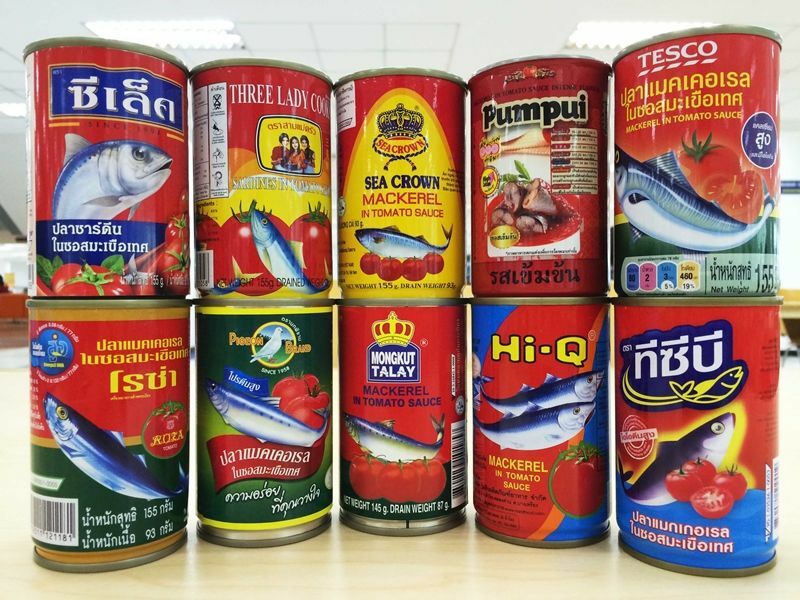Something fishy about Thailand’s rising prices?
Greedy manufacturers may not increase prices of baby formula and canned fish

The Internal Trade Department stopped greedy manufacturers from increasing the prices of baby milk formula and canned fish products, amid fears that Thailand’s rising prices are more about reduced profits for shareholders than increased production costs.
Government Spokesperson Rachada Dhnadirek said yesterday that the department told manufacturers that both are controlled products – though they must have already known this – and that department approval is needed if prices are to be increased.
Rachada said that retail prices of the two products might have gone up because retailers had increased their prices, seeing an opportunity for greater profits.
The spokesperson said that soybean milk is not a controlled product, but any adjustment in its price must reflect real production costs. The price of soybean milk is expected to be increased soon by 1-2 baht per pack. The department is now looking into production costs to work out a fair price adjustment if any.
Currently, 56 products and services – mostly items considered “daily staples” – are under price controls in Thailand.
Officials closely watch Thailand’s rising prices, especially those items classified as sensitive, such as pork, fresh chicken, and cooking oil.
Rachada said that the department may impose new measures if it finds that there are shortages of products such as soap, dishwashing liquid, powdered milk, toilet paper or ready-made food.
In June this year, amid the worldwide price inflation, Thailand’s Central Committee on the Price of Goods and Services froze the prices of 46 items in categories including agricultural products, construction materials, food, medicine, paper and transportation.
The annual inflation rate in Thailand rose to 5.89% in December, up from a seven-month low of 5.55% in November and close to market forecasts of 5.90%. Thailand’s rising prices were prompted by increases in food and non-alcoholic beverages, namely rice and flour products, and vegetables.
Latest Thailand News
Follow The Thaiger on Google News:


























